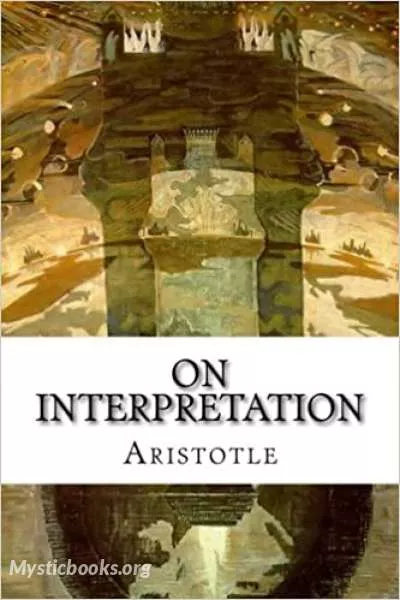
On Interpretation
by Aristotle
'On Interpretation' Summary
The work begins by analyzing simple categoric propositions, and draws a series of basic conclusions on the routine issues of classifying and defining basic linguistic forms, such as simple terms and propositions, nouns and verbs, negation, the quantity of simple propositions (primitive roots of the quantifiers in modern symbolic logic), investigations on the excluded middle (what to Aristotle is not applicable to future tense propositions—the problem of future contingents), and on modal propositions.
The first five chapters deal with the terms that form propositions. Chapters 6 and 7 deal with the relationship between affirmative, negative, universal and particular propositions. These relationships are the basis of the well-known square of opposition. The distinction between universal and particular propositions is the basis of modern quantification theory. The last three chapters deal with modalities. Chapter 9 is famous for the discussion of the sea-battle. (If it is true that there will be a sea-battle tomorrow, then it is true today that there will be a sea-battle. Thus a sea-battle is apparently unavoidable, and thus necessary. Another interpretation would be: that we cannot know that which has not yet come to pass. In other words: if there is a sea battle tomorrow then it is true today that tomorrow there will be a sea battle. So, only if we can know whether or not there will be a sea battle tomorrow then can we know if there will be a sea battle).
Book Details
Language
EnglishOriginal Language
GreekPublished In
Authors
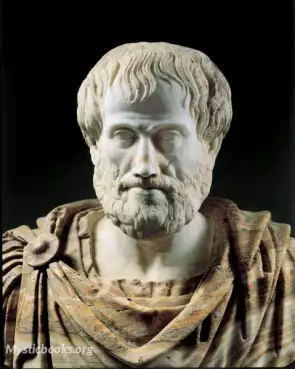
Aristotle
Greece
Aristotle (384–322 BC) was a Greek philosopher and polymath during the Classical period in Ancient Greece. Taught by Plato, he was the founder of the Lyceum, the Peripatetic school of philosophy...
Books by AristotleDownload eBooks
Listen/Download Audiobook
- Select Speed
Related books
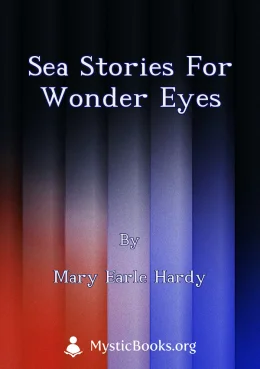
Sea Stories for Wonder Eyes by Mary Earle Hardy
This book is a delightful introduction to the wonders of water for young readers. It explores basic scientific concepts in a way that is engaging and...
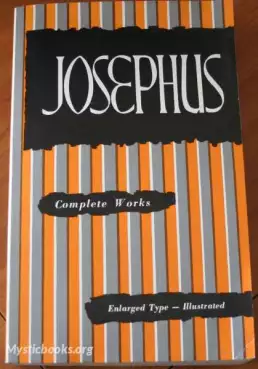
Minor Works of Josephus by Flavius Josephus
There are 3 parts to this collection. Against Apion is a two-volume defence of Judaism as classical religion and philosophy, stressing its antiquit...
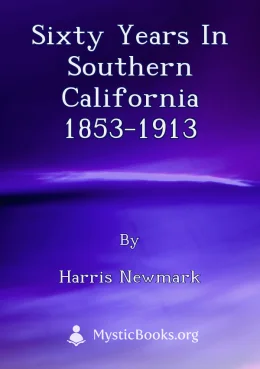
Sixty Years in Southern California 1853-1913 by Harris Newmark
Sixty Years in Southern California 1853-1913 by Harris Newmark is a fascinating and informative account of the early days of Los Angeles. Newmark, who...

The Philadelphia Negro: A Social Study by William E. B. Du Bois
The book is a detailed sociological study of the African American population in Philadelphia at the turn of the 20th century. It examines the social,...
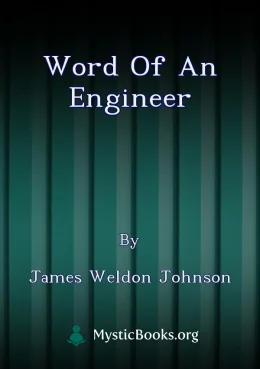
Word of an Engineer by James Weldon Johnson
"Word of an Engineer: A Life of James Weldon Johnson," is a comprehensive biography of James Weldon Johnson, a prominent African American figure in th...
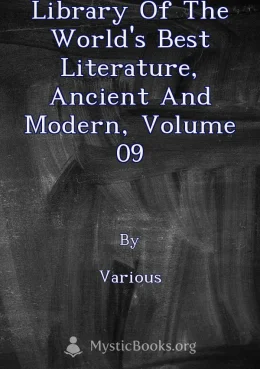
Library of the World's Best Literature, Ancient and Modern, volume 09 by Various
An extensive collection of literature from various periods and cultures, ranging from ancient to modern times. This volume, part of a 46-volume set, f...
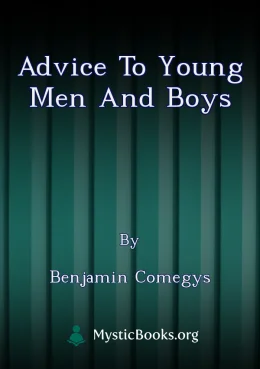
Advice to Young Men and Boys by Benjamin Comegys
This book compiles a collection of speeches delivered by Benjamin Comegys, a prominent figure in Philadelphia, to young men and boys. The speeches foc...

The Verbalist by Alfred Ayres, Thomas Embly Osmun
Osmun arranges usage problems alphabetically and treats certain areas in greater detail as he sees fit. For example, his first entry is A-AN (articles...
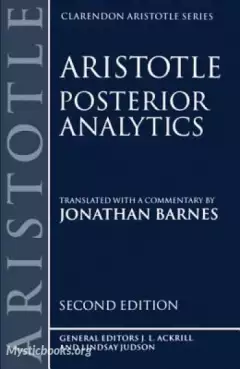
Posterior Analytics by Aristotle
The Posterior Analytics is a text from Aristotle's Organon that deals with demonstration, definition, and scientific knowledge. The demonstration is d...
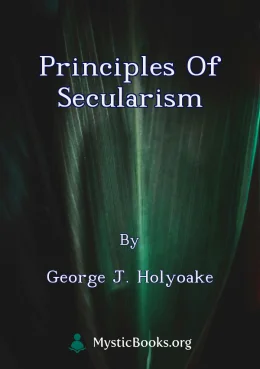
Principles of Secularism by George J. Holyoake
In 'Principles of Secularism', George Jacob Holyoake, a prominent English secularist and advocate for freethought, delves into the concept of seculari...
Reviews for On Interpretation
No reviews posted or approved, yet...